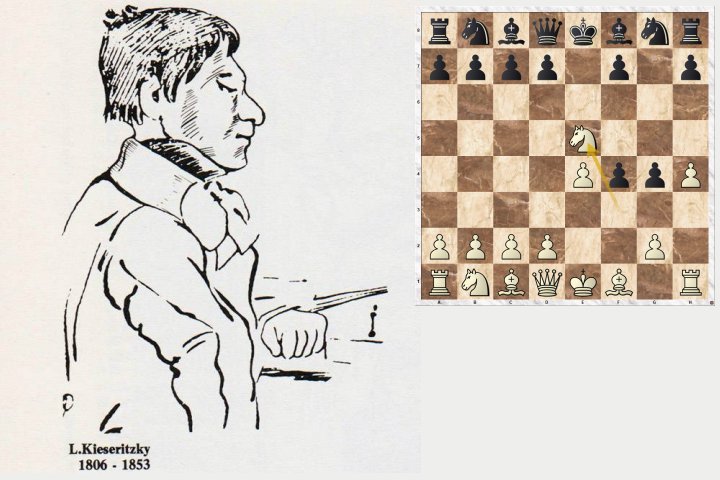

- Download bobby fischer the knight who killed the kings pdf how to#
- Download bobby fischer the knight who killed the kings pdf software#
- Download bobby fischer the knight who killed the kings pdf series#
Evenings can be used for easy games, but not for heavy learning and complex tactics.ģ. The best times for chess are mornings or afternoons. Time of the day and duration : Playing chess, trying to learn something new after a day’s worth of school and homework is just very draining. Also, solving mate in 1 can become boring very quickly if a child can easily solve them.Ģ.
Download bobby fischer the knight who killed the kings pdf how to#
If you are trying to teach forks to a child, who is just learning how to move the knight, you are in for trouble. Keep the level child appropriate : This is by far the most important reason for losing interest. There are children who are rated 1600 by this age.ġ. He is six now, and rated about 800, which is about average for his age. I started teaching him chess when he was 3 years old. I have listed some things I learnt in my attempt to teach my own six year old child. When teaching young kids, an additional element that coaches need to consider is motivation level and attention spam (well, isn’t that true for pretty much all coaching/teaching) Look for games with a result (not draw) and analyze) Analyzing Grandmaster Games : 30% (Pick your favorite grandmaster, someone who plays your favorite opening.
Download bobby fischer the knight who killed the kings pdf software#
Analyze your games using Chess Software as well as manually)
Download bobby fischer the knight who killed the kings pdf series#
In the first part of this post, I have suggested a series of books for improving various pieces of your chess game. When in trouble, avoid analysis paralysis, and just cut your losses, and move on. Managing the clock is another skill by itself. Divide your time well between openings, middle game and end games, so as not to blunder under time pressure, or lose outright with clock running out. Needless to say, chess psychology is what decides the outcome of the game for beginning players. Its not the strongest move that wins the game, its the weakest move that loses the game. Is he scared, is he trapped, has he seen that line ? Majority of the non-master level games are won and lost over blunders. And its about understanding whats going on in your opponent’s mind, by looking at his gestures. Its everything thats going on in your mind along with the moves – those errands or homework you still need to finish, or why you are playing the game, or will you make a blunder again, or are you feeling too confident, or are you cold, tired, sleepy, hungry, thirsty or are you nervous because too many people are watching the game, or are you scared of losing because of your parent or your coach.

In addition, chess is a psychological game. I have recommended a series of books, videos and software for this. Each phase of the game needs to be mastered – openings, middle games, end games. Just like any other game, chess improvement requires a combination of study and practice on multiple fronts. I have put together this study plan keeping a variety of audiences in mind – new players wanting to learn chess, adults restarting chess after a break, and also tournament players rated below ELO 1600.



 0 kommentar(er)
0 kommentar(er)
